The vibes from the end of a life
Plus: Climate tech in a hostile political environment; the greatest movie about America; how freestyle canoeing blew up; getting shredded to turn off women
Well, it’s been quite the underwater rollercoaster since we last spoke.
Two weeks ago, my mom passed away at the age of 75. I was reluctant to “make content” out of this tragedy, but here’s what it taught me about B2B sales leadership. Kidding! Jokes keep us from jumping off the edge of the planet.
My mom had been fighting a blood disease since the mid-2000s. She had one of those maladies that’s too rare to be profitable for drug companies, so it requires the kind of grant-based research that Trump is zeroing out. Mom participated in several experimental drug therapy trials, but her doctors mostly kept her going with steroids.
You live your entire life burdened with the knowledge that your parents are going to die someday, but you don’t know how or when, or how it’s going to change you. For me, my gratitude for all Mom experienced in her life, and the extra years she kept it going, have overwhelmed the sadness and pain of her loss. So far. We’ll see.
My mom was a political activist for most of my childhood, organizing people against the nuclear arms race and death squads in Central America. I spent much of last weekend sifting through file boxes stuffed with her posters, meeting minutes, and news clippings. The 1980s was a tumultuous and violent era if you were resisting Reagan’s Cold War militarism, especially in Miami. I grew up with people throwing rocks and sometimes pointing guns at us, and leaving death threats on our home answering machine. The cops and local government hated us, and the FBI tapped our phones. (Apologies to whichever agent tried to interpret hours of my nerdy friends debating baseball stats with me.)
A general focus of this newsletter has been how we come to terms with the radical changes happening in the USA and the world, and accounting for the smoldering wreckage we’re going to have to sort and rebuild when power changes again. It’s dumb to call these times “unprecedented,” because, well, that’s just how time works.
In the 1980s, the USA was supporting wars all over the world, sometimes illegally — Nicaragua’s contras, El Salvador’s death squads, military dictators from Augusto Pinochet to Saddam Hussein, and the Mujahideen (including our guy Osama bin Laden). To oppose any of this was to be branded a communist, especially in a supercharged place like Miami, where much of the population had escaped repressive regimes that called themselves communist.
In retrospect, the reason I wasn’t more terrified of the death threats was because Miami was such a pervasively chaotic place in the 1980s. Political violence just seemed like no big deal in that environment. And yet political organizing when the mayor and the cops were against you required a lifestyle of courage. My mom survived it and then another 35 years.
All of our lives will end someday, and when that happens our survivors will (and should) look back and ask what we contributed to the world that lives beyond us. I was often frustrated by my mom not wanting to do TV Mom things like pack my lunch or drive me to basketball practice, because she was too busy saving the world. But it was when I was older that I realized that she wasn’t doing this for herself; she was doing it for us, everyone’s children. Under the specter of nuclear apocalypse, she was grinding out the hard work of building a lasting peace.
Did it work? Did it make a difference? It’s impossible to measure, but she put more into trying than most of us — including yours truly — ever will. Thanks, mom. I love you.
SF Climate Week in the Age of Backsliding
The week before last was also SF Climate Week, which is a spectacular series of hundreds of events organized mostly by people and nonprofits. I organized my first event along with a team of volunteers, assembling a group of speakers around the topic of wildfire. A few people pointed out that it was one of the few events — out of hundreds! — that addressed climate adaptation.
And I’m going to take that as evidence that the climate community has itself not yet adapted to the new political climate. Compared to a year ago, when we were celebrating the Inflation Reduction Act of 2022 and its billions for clean energy and infrastructure, this year’s events were not as giddy and optimistic. Donald Trump has been targeting most of these projects, by canceling loans and retracting permits.
But it’s not all doom and gloom, folks. While the climate situation is bad and likely to get worse, the good news is that the most effective clean energy solutions are economically viable without subsidies. If you want to add another gigawatt, the cheapest and fastest way to do it is with clean renewables. The dirtiest energy sources like coal are actually the most expensive to build and keep running. In fact, 93% of all the new energy capacity built in 2024 was renewable!
But we’re in a new era where the US government, in spite of Trump’s “Energy Dominance” policy, is perhaps more an enemy than a friend to our collective climate efforts. That requires the private sector to focus on some of the other things we need to do, like adapt to the fires, smoke, drought, floods, higher tides, heat waves, shorter winters, and chaotic growing seasons. Even if humanity stopped combusting fossil fuels today, these phenomena would be getting worse, not better, for decades. And our event was full of companies modeling, preventing, and stopping wildfires. It’s very cheap and effective!
SF Climate Week is just the tip of the (shrinking, melting) iceberg. We need to start thinking differently about climate change, not just as a dirty energy problem but as something to survive. We have the tools and the technology, and we don’t need a sane president to implement them.
YouTube is 20
The first YouTube video I ever saw was a pirated clip of “Lazy Sunday” from SNL. It was taken down within a few days, but NBC Universal uploaded an “official” version just nine years later.
YouTube was originally conceived as a video dating site. When I started working there in 2010, one of the co-founders shared this little nugget with me. Most people who worked there didn’t seem to know this! Everything old is new on the Internet.
When they pivoted to video sharing, one of the other co-founders uploaded the first YouTube video, “Me at the Zoo.” It’s perfectly appropriate that this video is an 18-second dick joke.
In 2005, video wasn’t easy to create. The smartphone didn’t exist yet, so most original YouTube video was shot on webcams or digital cameras. Storage was tight, and getting a video onto the internet was a multistep process. Most of the video from that era is choppy, grainy, muffled. It’s like watching a pre-war “talkie” in the age of Marvel. But also, most people weren’t on Facebook yet, so YouTube was where people uploaded their home videos they intended to share with friends. It was a deeply personal and authentic space.
In the late 2000s, the internet got its first real video creators. (We didn’t use the word “influencer” yet.) My job when I joined in 2010 was making creators seem legitimate to big advertisers. Most of CMOs and agency leads were Boomers who inherited decades of belief that TV was the gold standard for building a brand and measuring ad effectiveness. The internet was the Wild West, and brands were more comfortable dumping another $5 million on Animal Planet or Comedy Central than risking their ad showing next to a cartoon of sex-bots humping each other.
(Apple made this job harder with their TV commercial about YouTube on the iPhone, which featured a skateboarding dog. The TV industry then referred to internet video as “dogs on skateboards” when they wanted to demean it.)
Today, YouTube is —well, I don’t need to tell you what YouTube is. You use it all the time. So instead, let’s remember the past: Here’s a playlist of some of my favorite YouTube videos over the age of 15. They’re all bangers, none are HD, and this is definitely worth your time.
And if you want a great little time capsule of 2000s viral YouTube, Weezer’s music video for “Pork and Beans” kicks ass and also features a bunch of internet people you may or may not remember.
The Free-Style Canoeing Meme of 2011
Here’s a quick story about how culture gets created and manipulated. When I was at YouTube, we did some research into how videos went “viral,” and we found that the most important factor was an account with a very large or influential audience sharing it. Duh.
A friend of mine had recently shared with me some videos of “freestyle canoeing,” which is competitive artistic canoeing. This… sport? performing art?… is particular to the northern midwest and Canada, and it’s strangely beautiful and corny at the same time.
So I shared a few of these videos with my co-worker who wrote the YouTube Trends email that he sent out to media every week. If you’ve seen segments on your local news about some wild thing on YouTube, they probably plucked that from the YouTube Trends email. These canoeing videos weren’t “trending” by any means, but we liked them so much that he decided to put one in the email and say it was “emerging.”
This actually sparked a media cycle for freestyle canoeing, including a segment on SNL’s Weekend Update, The Colbert Report, Today, and even a sketch on Portlandia. After I saw it on Colbert, I sent an IM to my co-worker, “You f***ing did this.” Indeed he did.
Nashville is 50
May the 4th is famously Star Wars day, and we’re only two years from the 50th anniversary of the original release.
But this year on May the 4th, I found myself in SF’s Alamo Drafthouse for a 50th anniversary showing of Robert Altman’s Nashville. They showed it at the awkward time of 11am, and the digital sign outside wrongly, hilariously advertised a Lifetime TV movie called “Murder in Nashville.”
Still, it was incredible to see this movie on the big screen, which it roundly deserves.
I know very few people who have seen Nashville, and I want more people to see it.
Nashville is a epically-scaled satire about politics and entertainment in a period of national trauma, when America was reeling from Watergate, Vietnam, and the tumult and assassinations of the Civil Rights era. I think it’s the most compelling and sharpest movie about post-war America (well, white America).
Nashville is an ensemble piece about a week in the life of 24 individuals, some rich and successful, some fantasizing of a happy ending, and others facing an ugly one. It’s two hours and 45 minutes long, and it flies by.
It’s hard to compare this movie to any other, especially from that era. The closest parallel I can think are modern ensemble TV shows like The Wire, which also had no central star or dominant A-plot, but whose interconnected stories created a thematic whole that was vastly larger than the sum of its parts.
In true Big ‘70s fashion, most of Nashville’s scenes have dozens, even hundreds of actors and extras. Sometimes they’re all talking at once. The movie feels crowded, yet all the faces are human, like a master painting where every person matters. It also makes the smaller, quieter moments feel more intimate.
And the music is incredible. Altman didn’t hire the greats of classic country to perform on the soundtrack — all the songs are written and performed by the actors, and they are funny, gorgeous, corny, heartbreaking. In a profoundly cynical era, country music remained deeply earnest and personal.
Roger Ebert wrote in his original 1975 review: “Sure, it’s only a movie. But after I saw it I felt more alive, I felt like I understood more about people, I felt somehow wiser. It’s that good a movie.”
The film ends with a shocking trauma and a communal singalong of one of the soundtrack’s seminal songs, “It Don’t Worry Me.” The song is about finding inner peace and joy, even when everyone tells you the world is falling apart. America is a particularly delusional society, which is both a strength and a massive, fatal flaw. Our culture accepts that people have individual beliefs and even realities, something that’s inherent in the principles of our Bill of Rights.
I left the theater last Sunday in a fugue state, and had to walk it off for half an hour. Sometimes a figurative bomb goes off in your life. I just had one of those. And you still go on with life beyond the wreckage. How you do that is your choice. That’s what this movie is about, but for a whole nation.
You can watch Nashville on Amazon Prime, but better yet, see if it’s playing on a big screen near you.
Rangelife Shorts
Phillip K. Dick on reality. Here’s an essay by PKD called “How to build a universe that doesn’t fall apart two days later,” and it’s a brilliant peek into his genius, his religion, and his general unwellness.
What kind of men’s body do straight women like? A British pop star recently shared his physical transformation from strong and husky to completely shredded. Most men in a Twitter poll said he looks better now, but a vast majority of women responders preferred the “before” picture. This sparked a wild debate over what’s attractive to women, and whether men even have a clue about it. It’s all captured in this essay This internet poll is breaking men's brains!, and it’s fascinating.
Most parents aren’t reading to their kids anymore. This seems bad. In 2012, 64% of parents read frequently to their young kids, and now that’s dropped to 41%. Additionally, only 40% of parents with kids under 13 said reading to their kids is “fun for me.” These track a lot of trends that went south as soon as we got smartphones with mobile broadband. I remember reading around then that Americans were actually reading more than ever, because we had email, Facebook, blogs, and online news. But much of that has been replaced by video and audio, and the average words we’re reading per day is dropping. (You’ve gotten this far in this newsletter, so good for you.) Probably the main reason why parents don’t enjoy reading to their kids is because they’re just bad at reading.
NBA playoff ratings are surging. Ratings started slow this NBA season, which led to one of the most annoying opinion cycles in memory as everyone aired their gripes about basketball. “They let players get away with traveling, and now everyone has stopped watching. YOU SEE? I TOLD YOU.” As the season continued, ratings continued to grow even as people kept cutting the cable cord. Now playoff ratings are up 6%, which is astounding. This playoff season has been wild, exciting, and wide open, with four comeback victories from 20 points down, which has never happened before.
Do Spotify’s algorithms suck now? I haen’t experienced this, but I’ve heard from several people that they feel like Spotify’s curation has declined considerably over the past few years. Here’s a Business Insider piece that’s anecdotal but also makes the case that cost cutting may have broken Spotify’s algorithms (like injecting sleep noises into your daily playlist).
I have to admit that I’m discovering less and less new music on Spotify, because it seems to want to play my favorites over and over. This is a classic internet filter bubble dilemma — personalization puts you in a comfortable, repetitive loop. Fortunately, Spotify isn’t likely to turn you into an anti-Semitic lizard people believer like other services.
For me, while Spotify still serves up the personal hits, I’ve been relying on human curation to discover new sounds for the past couple years. God bless KEXP and Radio France.
Rotten Tomatoes or Metacritic? We used to follow critics we liked when we were deciding to see a movie, and now we just check a score. But if you use the meta-review sites, you know you have a dig a level deeper. Some movies have sterling Rotten Tomatoes scores but meh Metacritic scores, because they’re not that good but they get the job done. (Like a Minions movie.) Well, Franklin Leonard did a deep analysis of how average scores differ between the two sites, including by genre, and it’s very cool.
Snack companies deliberately targeting stoners. It was about a decade ago that Jack in the Box started targeting stoners with TV ads for their late-nite meu. The appeal was subtle — weed wasn’t fully legal yet. Now advertisers aren’t being subtle anymore. I mean, who else is eating Twinkies these days? (I’m more a fresh fruit guy.)
OK, that’s it. I’m doing okay for now. Thanks for your sympathies and prayers and kind thoughts. If you still have a mom and/or dad, give them a call.

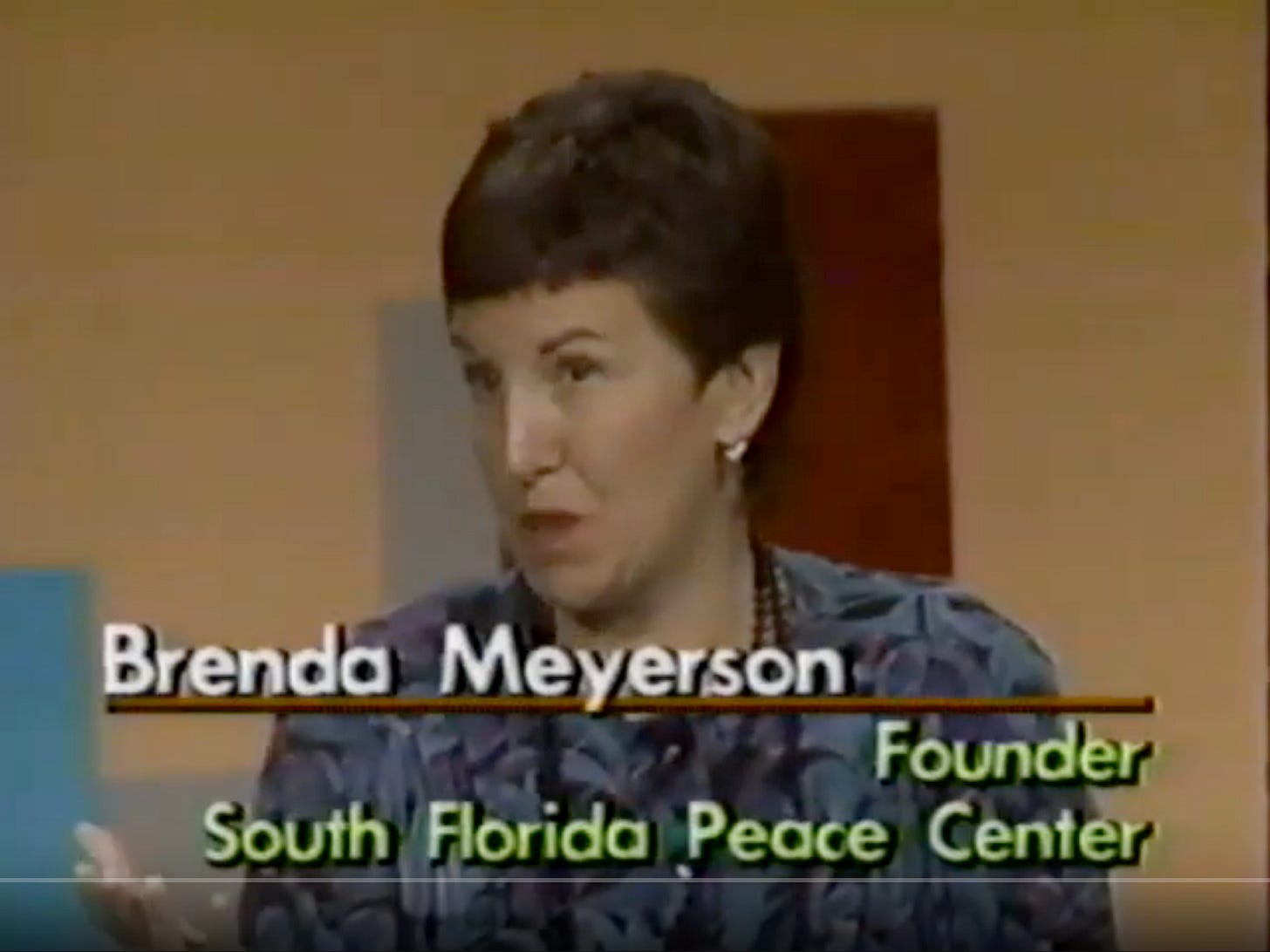
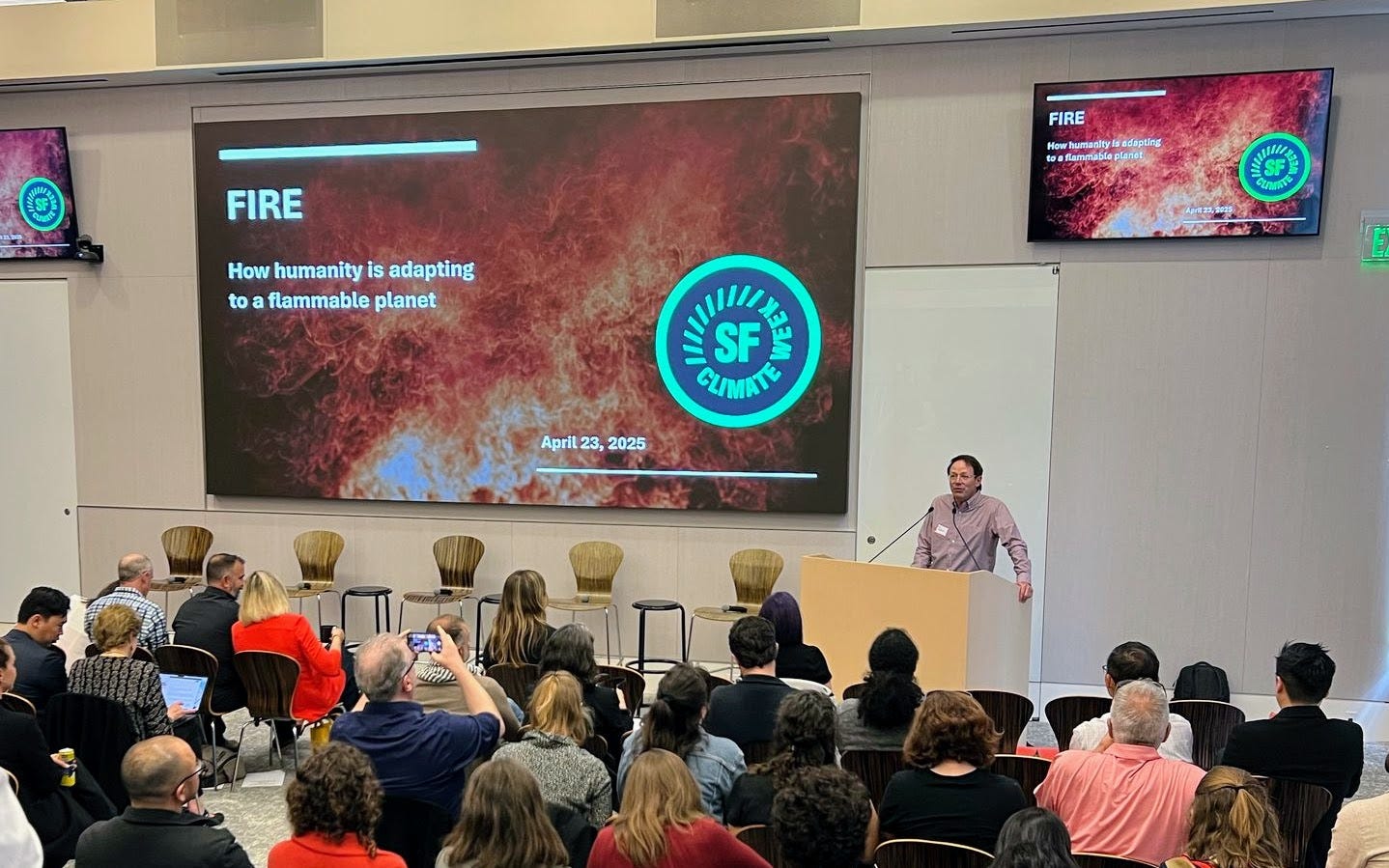
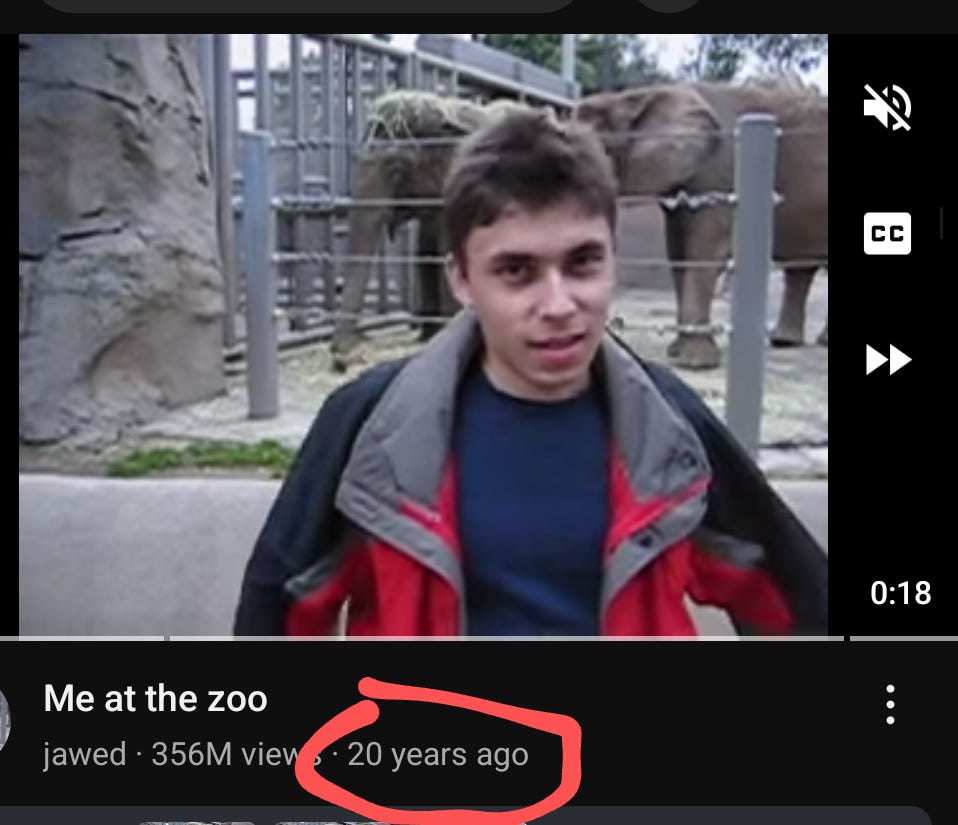
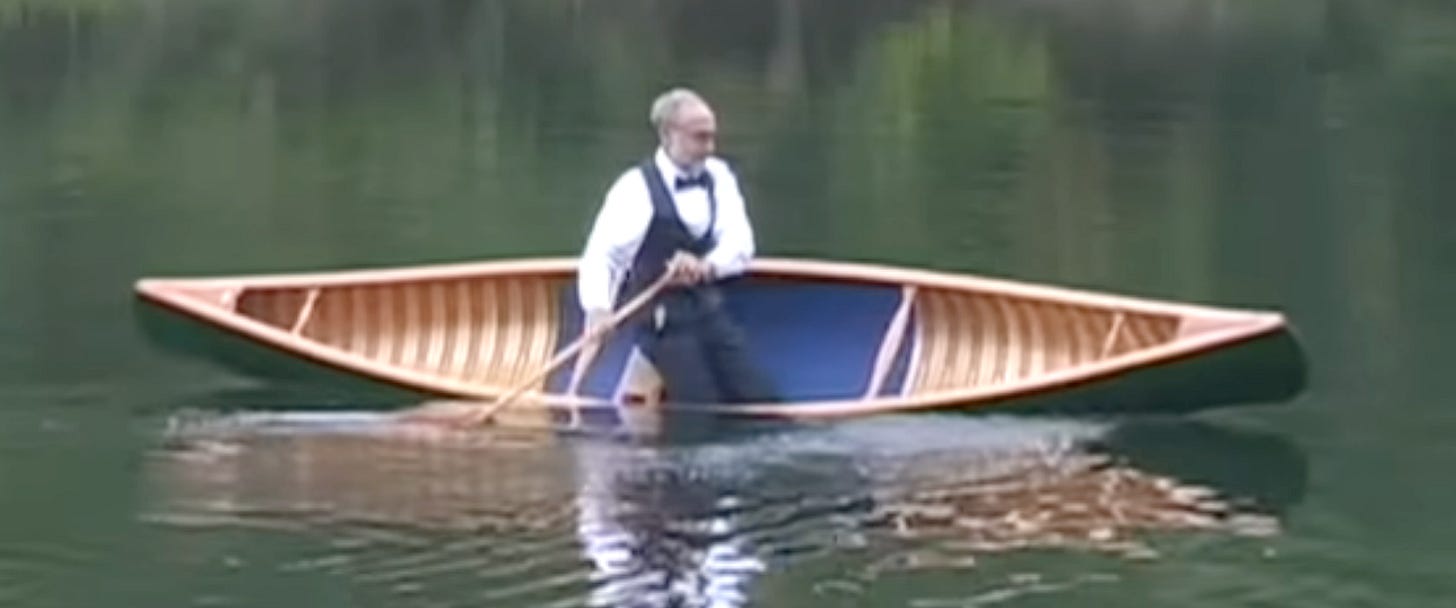
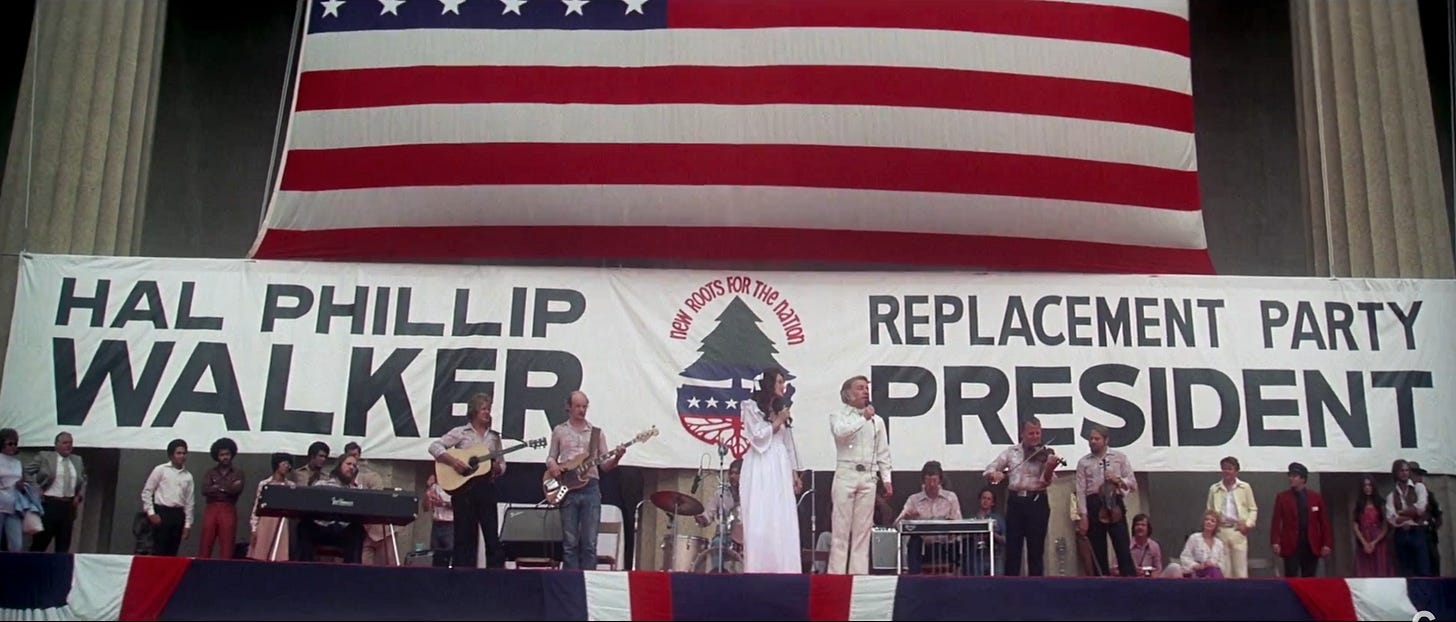

Everything you've written about your mom is beautiful and touching. I love that you figured out why she was fighting all those fights and not being a "TV mom" and you appreciated her for it. Re: Spotify- I've noticed it will serve me the same songs by artists I like/listen to, and I really wish it would go deeper into their catalogs. I tend to use Spotify as sort of a music filing system - when I hear about new music from the other humans, I go there and listen, add it to my playlists, etc. I agree that the curation is not generally leading me to new stuff.